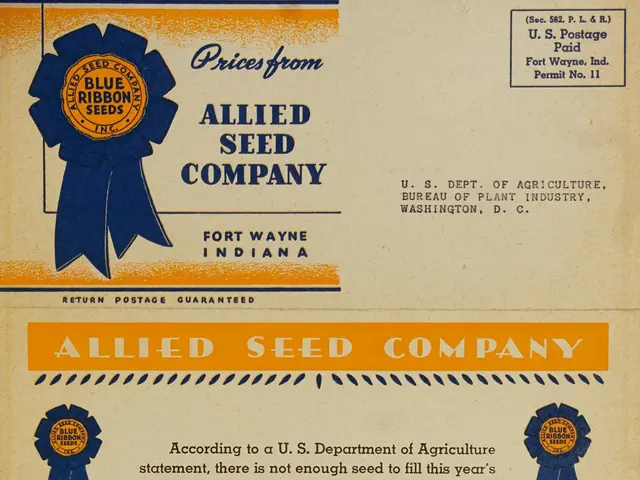Aircraft Industry Professionals
In the dynamic realm of aviation, a multitude of professionals work tirelessly to ensure safe, efficient, and modern air transport operations. Beyond the familiar faces of pilots and cabin crew, a wide array of critical roles exist, each contributing uniquely to the smooth running of flights.
One such group is the Flight Dispatchers and Operations Officers, who meticulously plan flight routes, optimize fuel loads, and monitor weather and Notices to Airmen (NOTAMs). Their primary goal is to support flight operations while ensuring compliance with legal and safety regulations.
Avionics and Systems Engineers are another crucial part of the aviation industry. They design, install, and troubleshoot aircraft electronics, including communication, navigation, autopilot, safety systems, cabin management, and connectivity equipment.
Ground Handling and Ramp Agents play a vital role in marshalling and parking aircraft, refuelling, de-icing, loading baggage, cleaning and preparing cabins, and coordinating with crews and air traffic control on the ramp.
Customer Support and Fixed-Base Operators (FBO) Staff provide essential passenger and crew services, including reception, customs assistance, ground transportation coordination, and flight planning support.
Aviation Administration and Compliance Specialists manage safety programs, continuing airworthiness, quality assurance, auditing, parts supply, and logistics coordination.
Air Traffic Controllers, ground-based professionals, guide pilots during takeoff, flight, and landing, managing air traffic flow to avoid collisions, reduce congestion, and maintain schedule efficiency.
Drone Operators and Aerial Data Analysts operate unmanned aircraft systems for various activities, such as infrastructure inspection, environmental monitoring, agriculture, cinematography, and emergency services.
Aviation Cybersecurity Specialists protect aviation systems from cyber threats, monitoring for vulnerabilities and suspicious activity, securing flight controls, passenger data, and airport digital operations.
As the industry adapts to new aircraft types, digital systems, and emerging mobility solutions, roles like eVTOL & Urban Air Mobility Technicians and Drone Operations Managers become increasingly important. The former maintains new electric vertical takeoff and landing aircraft, while the latter oversees drone mission planning and execution, ensuring regulatory compliance across various applications.
Aircraft Marshalls signal pilots to assist them in operations such as turning, slowing down, stopping, and shutting down engines. They lead aircraft to their parking stands or to the runway, and indicate directions to pilots by driving a "follow-me" car.
Flight Attendants are responsible for taking care of passengers, improving their satisfaction and comfort, and ensuring safety of flight.
Aircraft Maintenance Engineers, licensed individuals, carry out and certify aircraft maintenance, with their licenses recognized internationally by the International Civil Aviation Organization (ICAO).
Aviation Meteorologists provide weather information to airline personnel, including flight dispatchers, pilots, and air traffic controllers.
In the USA, these professionals are recognized as Aviation Maintenance Engineers by the Federal Aviation Administration (FAA).
Passenger Service Professionals are customer service representatives who assist people using transportation services, primarily at airports for airlines.
Airplane Gas Fitters load the necessary amount of fuel to aircraft, working in a dangerous environment and adhering strictly to safety regulations.
On long haul flights, there can be more than two pilots in the cockpit.
The field of aviation is a complex industry with numerous aviation professionals ensuring safe and quality operations. This article offers a glimpse into this intricate world, highlighting the diverse roles and responsibilities that make air travel possible.
- Flight Dispatchers and Operations Officers optimize aircraft performance by meticulously planning flight routes and monitoring weather, adhering to safety regulations to support the smooth running of air transport operations.
- Aviation and Systems Engineers, fundamental to the aerospace industry, design, install, and troubleshoot aircraft electronics, enhancing transportation technology in the aviation domain.
- Aviation Cybersecurity Specialists play an essential role in safeguarding aviation systems from cyber threats, protecting flight controls, passenger data, and digital airport operations.
- Aircraft Maintenance Engineers, internationally recognized by the ICAO, maintain aircraft to ensure their safety and efficiency, making a significant impact on the aviation industry and its growth.








